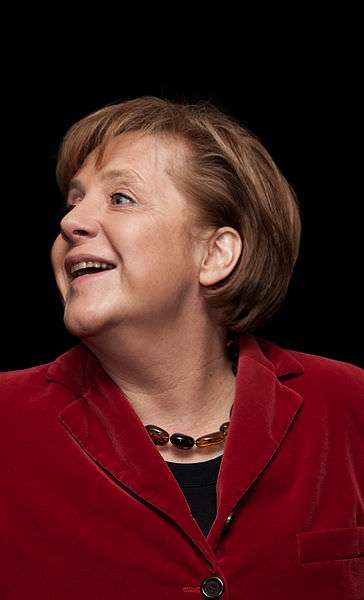Merkel Says NSA Scandal is Harming Talks on US-EU Trade Deal


German Chancellor Angela Merkel has told German lawmakers that, "The relationship with the U.S. and the negotiation of a trans-Atlantic free trade agreement are currently, without doubt, being put to the test by the accusations that have been aired against the U.S. about the gathering of millions of bits of data."
Merkel's comments are only the latest indication that Edward Snowden's revelations have damaged negotiations on a E.U.-U.S. trade deal. In July, the French called for the negotiations to be suspended in the wake of allegations that the U.S. had spied on European diplomats.
Although Merkel describes the deal as a "free trade agreement," it is unlikely to resemble an agreement that would be lauded by supporters of capitalism once European and American lawmakers are done working on it. The deal will have to be approved by each E.U. member state, the European Parliament, and the American Congress, hardly institutions with great track records when it comes to free trade.
In June, I wrote about how special interests will screw up this deal, citing the example of the French, who wanted their film and television industries exempted from the talks. Unsurprisingly, American lawmakers have said that the U.S. supporting the agreement is conditional on the E.U. removing barriers to American farm exports. The E.U. has tight regulations on genetically modified food, which is of understandable concern to American policy makers considering that about 90 percent of American soybeans, corn, cotton and sugar beets are genetically modified. E.U. Trade Commissioner Karel De Gucht has said that European regulations on genetically modified will not be changed.
Given the Snowden revelations it should not be surprising if it is some time before American negotiators will be in a comfortable position to be asking Europeans to remove barriers to American farm exports or make any other policy changes.
